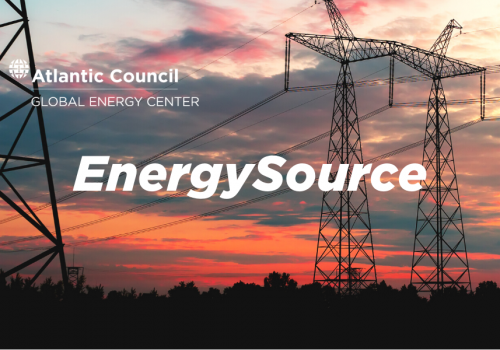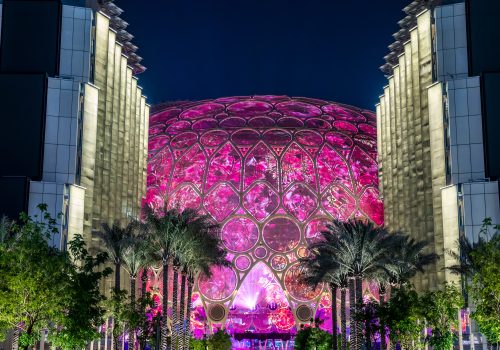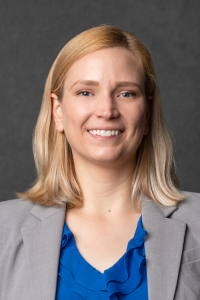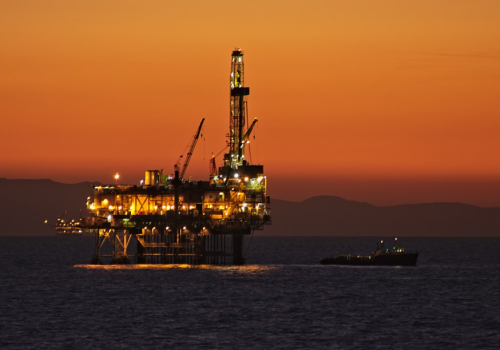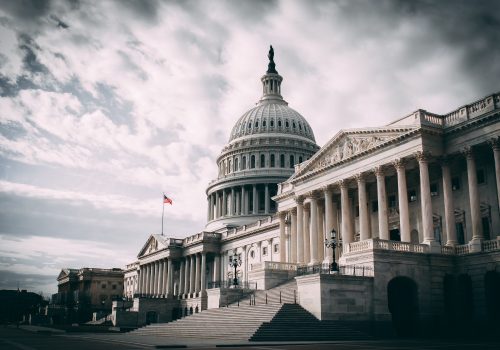Two years ago, the announcement of the Global Methane Pledge at COP26 in Glasgow was one of the most intriguing and potentially impactful developments of that conference. The pledge has since committed its now over one hundred adherents, together responsible for 45 percent of global methane emissions, to collectively reduce their methane emissions by 30 percent by 2030. Its announcement was a crucial moment of reckoning with a highly potent greenhouse gas, of which 40 percent of human-caused emissions come from the energy sector alone.
As the proverbial saying goes, that was then. In the here and now, the methane challenge seems as intractable as it ever was. The latest iteration of the International Energy Agency’s Global Methane Tracker estimates that global energy sector methane emissions rose about 2 percent last year to nearly 135 million metric tons (MT) despite more efforts to track, contain, and monitor leaks. Oil and gas production is a major source of energy sector methane emissions, particularly through operational practices like venting and flaring of gas. Although IEA projects that global average methane intensity of oil and gas production has fallen by around 5 percent since 2019, the overall growth in actual methane emissions in the energy sector remains alarming. Despite all of this, methane abatement remains highly cost-effective; an estimated $100 billion in investment (a fraction of oil and gas industry’s profits) are estimated as sufficient to deploy all necessary abatement measures by 2030.
The continuing malaise around methane should galvanize those delegations representing major oil and gas producing countries at COP28. While there are multiple reasons for the limited progress on abating the potent greenhouse gas, the fundamental obstacle to curbing it is that the existing and even proposed frameworks to achieve reductions are overwhelmingly voluntary in nature. Thus far, concrete actions to address the methane challenge have been limited to a handful of wealthy producer countries and have no market-driven enforcement mechanisms.
The Global Methane Pledge Itself is a voluntary commitment made by countries that choose to join. It therefore implicitly relies on the ability of countries to promulgate effective regulations and enforce them among their own local industries, or to disburse donated funds to support measurement and mitigation in countries that cannot afford it. The COP28 presidency is reportedly seeking to elevate the level of commitment through a new voluntary initiative, whereby producing companies would make substantial pledges on methane reduction and subject themselves to self-reporting and measurement.
Some countries are taking enforceable measures to meet their commitment. The United States, for example, is pursuing a number of initiatives to tackle its energy sector methane emissions including a historic methane fee integrated into the 2022 Inflation Reduction Act, in addition to imminent Environmental Protection Agency methane performance standards. The European Union is developing its own binding 2030 methane reduction target for its oil and gas sector, as well as a methane intensity threshold for imported fuels. The United Arab Emirates, host of this year’s COP, has made its own commitments on methane: in July, its national oil company ADNOC committed to achieving zero methane emissions by 2030.
In time, these and similar efforts will likely produce fruit. But while these unilateral and multilateral voluntary measures are important, they are not sufficient to the challenge at hand. Crucially, they do not address the challenge of methane emissions in those countries not party to the Global Methane Pledge (or similar bodies) where energy-sector methane emissions are high and there is far less pressure or incentives to reduce them. Many high-emitting countries have not taken any enforceable measures to meet the pledge. Some of these, such as Russia, have adversarial relationships with the United States and may eschew efforts which are largely Western-led. Others, such as China, have announced aspirational methane strategies, but they often lack concrete targets or clear accountability mechanisms. In the case of oil and gas producers in developing countries, both within and outside the Global Methane Pledge (such as Turkmenistan and Venezuela), the price tag and infrastructure complexity of systemic methane abatement represents an entirely different barrier.
COP28 cannot resolve all these complex, interwoven issues, but those delegations that are mindful of the methane abatement challenge could demonstrate a renewed commitment to addressing it on a global scale.
An obvious starting point is financial support to fund methane abatement in those countries unable or hesitant to expend limited resources. A multilateral financing push for those countries interested in such support need not be a singular fund (such as the in-development Loss and Damage Fund), but it could involve a collective agreement to leverage a certain percentage of foreign investment and development resources for this explicit purpose. Multilateral development banks, particularly those hesitant to engage with any fossil-related financing, might clarify their parameters for such financing and signal which sorts of projects would qualify for favorable loans or other assistance, as many will require technology access to capture gas flared from oil production and covert it to some productive use.
To meaningfully impact the behavior of countries and companies that are not taking action to reduce methane emissions, the world will also need market-based mechanisms that penalize producers who do not adhere to an acceptable standard. Committed delegations should agree to raise the bar on methane abatement by incentivizing highly-efficient, low-emission fossil fuels through regulatory and trade alignment. Flickers of progress in this space are evident: the Joint Declaration from Energy Importers and Exporters, published in November 2022, theoretically aligned the United States, EU, Norway, UK, Canada, Singapore and Japan around the need to reduce methane emissions throughout the fossil fuels sectors. The incoming EU methane threshold for imported fuels takes this approach one step further; a similar approach in any future US border adjustment mechanism remains an open question. However, the US Department of Energy has recently announced a new Measuring, Monitoring, Reporting and Verification (MMRV) Working Group which will “advance comparable and reliable information about greenhouse gas emissions across the natural gas supply chain to drive global emissions reductions.” Notable participants include the United Kingdom, the European Commission, Germany, Japan, Australia and Brazil.
Even an early version of an agreeable gold standard (or agreed group of standards) for the methane emissions of traded fossil fuels products could be a valuable COP28 deliverable, particularly within a wider framework that promotes independent monitoring, reporting, and verification across a range of major stakeholders. A number of existing platforms that could inform such a gold standard (such as those of GTI Veritas Initiative) could be applied or leveraged. If global demand for fossil fuels must necessarily decline in a net-zero outlook, producers and consumers of fossil fuels can collectively lay the groundwork for those supplies with the most sustainable methane profiles to also be the most competitive. Such an approach to trade and regulatory policy could be tailored to favor those oil and gas companies (including both international and national oil companies) that maintain a high standard of emissions reductions across all of their multinational operations, reducing emissions across the full scope of their operational profiles and not just in those countries with robust requirements. Such a trade framework would compel producers who today decline to take methane mitigation measures to do so, in order to remain competitive in the global market.
There are many complex, entrenched challenges to realizing a global energy transition; responsible management of methane should not be among them. Reasonable solutions in this space already exist at scale and could be deployed worldwide at relatively little cost compared to the trillions that must ultimately be expended on deep decarbonization. Any steps forward on this front at COP28 could pay dividends now and for years to come. At a conference where every success is set to be hard-fought, methane is one area where important wins should be achievable.
David L. Goldwyn served as special envoy for international energy under President Obama and assistant secretary of energy for international relations under President Clinton. He is chair of the Atlantic Council’s Energy Advisory Group and a nonresident senior fellow with the Council’s Global Energy Center.
Andrea Clabough is a senior associate at Goldwyn Global Strategies, LLC, and a nonresident fellow with the Council’s Global Energy Center.
Meet the authors
Related content
Learn more about the Global Energy Center

The Global Energy Center develops and promotes pragmatic and nonpartisan policy solutions designed to advance global energy security, enhance economic opportunity, and accelerate pathways to net-zero emissions.
Image: Gas from the damaged Deepwater Horizon wellhead is burned (Photo by Petty Officer 3rd Class Patrick Kelley, Wikimedia Commons)

